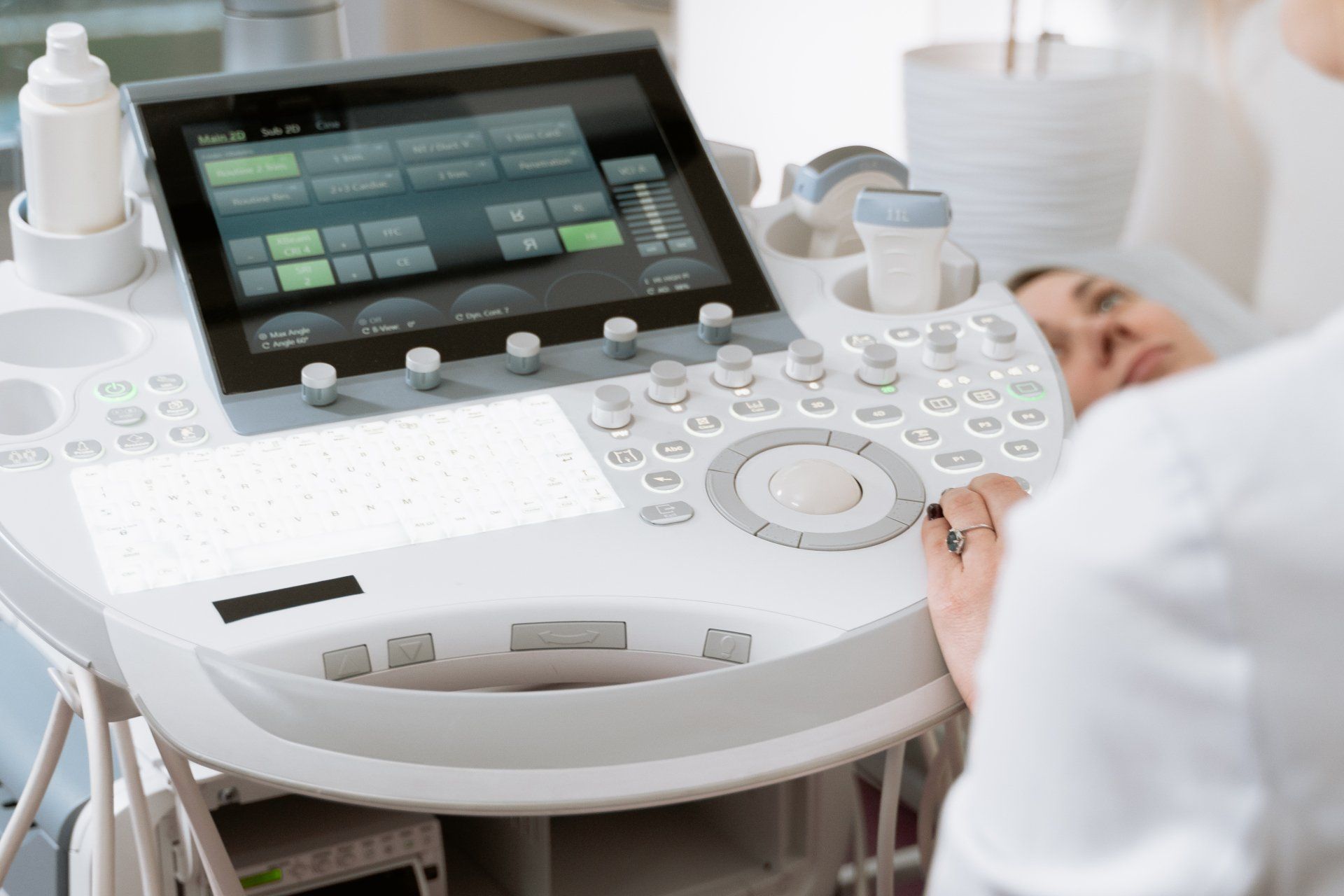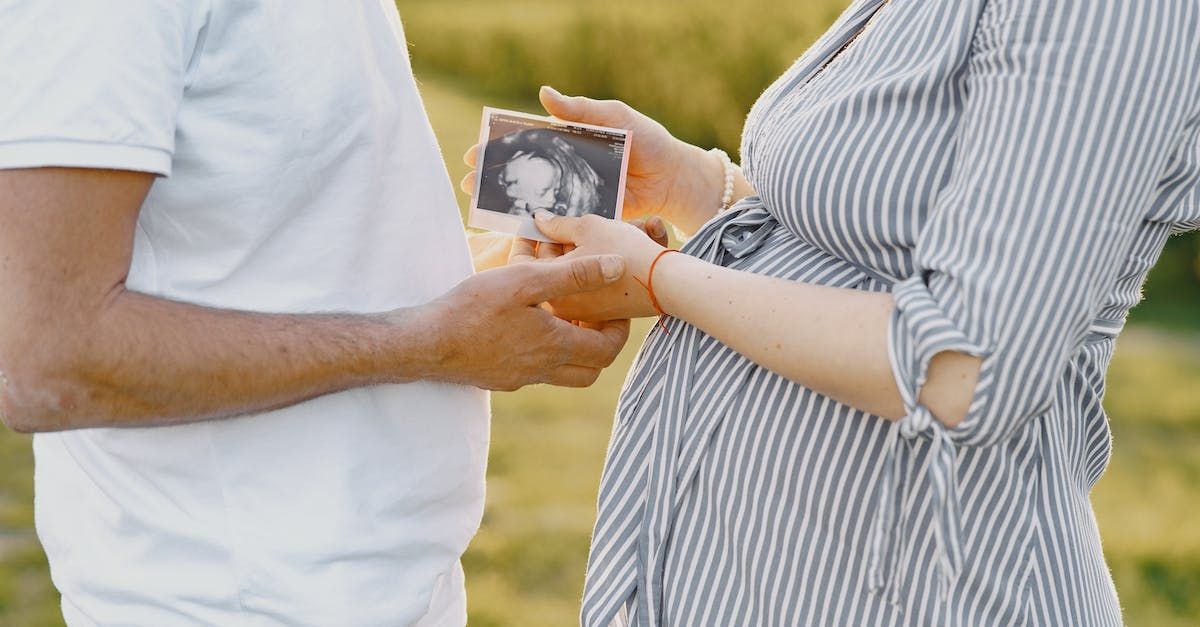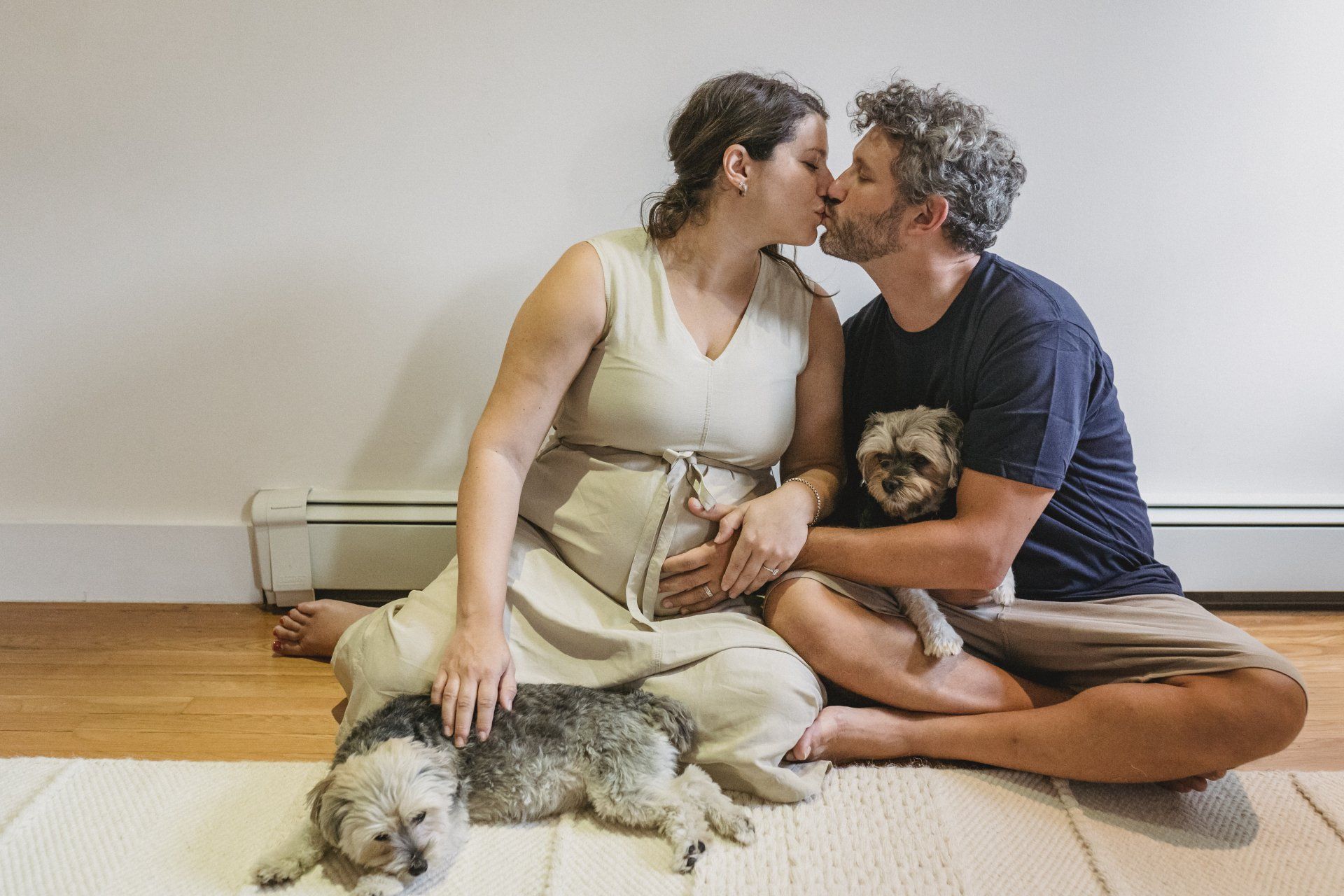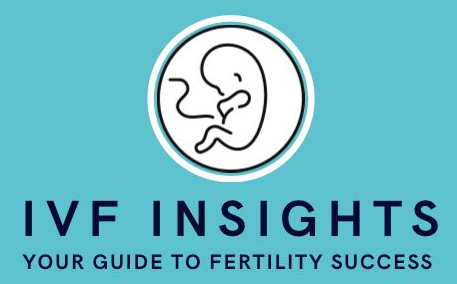
Maximizing Your Chances: Understanding IVF Success Rate by Age
While In Vitro Fertilization (IVF) can be a highly effective treatment for infertility, its success rate can vary depending on a number of factors, including the age of the woman undergoing the procedure. While IVF success rates can vary, it's important to remember that there is hope for couples struggling with infertility. In this article with video, we will explain the IVF success rate by age.
Age is an Essential Factor
Infertility can be a heartbreaking and frustrating experience for many couples. Fortunately, with advancements in reproductive technology, there are now more options available to help couples achieve their dream of having a baby. One of these options is in vitro fertilization, or IVF.
IVF involves fertilizing an egg outside of the body, and then implanting the resulting embryo into the uterus. While IVF can be a highly effective treatment for infertility, its success rate can vary depending on a number of factors. The age of the woman undergoing the procedure is an essential factor. As women age, the quality and quantity of their eggs
naturally decline, which can make it more difficult to achieve a successful pregnancy through IVF.
You Might Also Like: In Vitro Fertilization: The Fascinating Process of IVF Explained
Women under the age of 35
Generally speaking, for women under the age of 35, the success rate of IVF can be as high as
41% per cycle. This is because younger women in a general sense have healthier eggs with a lower chance of chromosomal abnormalities, making them more likely to result in a healthy pregnancy. As women get older, this success rate decreases significantly.

Women between the ages of 35 and 37
For women between the ages of 35 and 37, the success rate drops to around
32% per cycle. This decline is due to the fact that as a woman ages, the number and quality of her eggs decrease, and there is a higher likelihood of chromosomal abnormalities in the remaining eggs. Additionally, women in this age group may also have underlying medical conditions that can affect their fertility, such as endometriosis or polycystic ovary syndrome (PCOS).
Women between the ages of 38 and 40
For women between the ages of 38 and 40, the success rate is around
22% per cycle. Women in this age group have an even higher likelihood of chromosomal abnormalities in their remaining eggs, which can make it more difficult to achieve a healthy pregnancy. Additionally, women in this age group may also have a higher likelihood of underlying medical conditions that can affect their fertility, such as uterine fibroids or a history of pelvic inflammatory disease.

Women over the age of 40
For women over the age of 40, the success rate of IVF drops further, to around
13% per cycle. At this point, a woman's chances of achieving a healthy pregnancy through IVF are significantly lower, due to the combined effects of age-related decline in egg quality and quantity, as well as a higher likelihood of underlying medical conditions.
It's important to note that these are just general statistics, and every case is different. Factors such as overall health and weight, medical history, and the quality of the eggs and sperm can and even the ability to maintain a positive mindset during this procedure all affect IVF success rates.
From a medical perspective, the chances of success with IVF do decrease as women age, and the risks associated with pregnancy and childbirth also increase. However, IVF can still be a viable option for women over 40 who wish to conceive.

You Might Also Like: IVF, IUI or ICSI: How to Optimize Chances of Success



